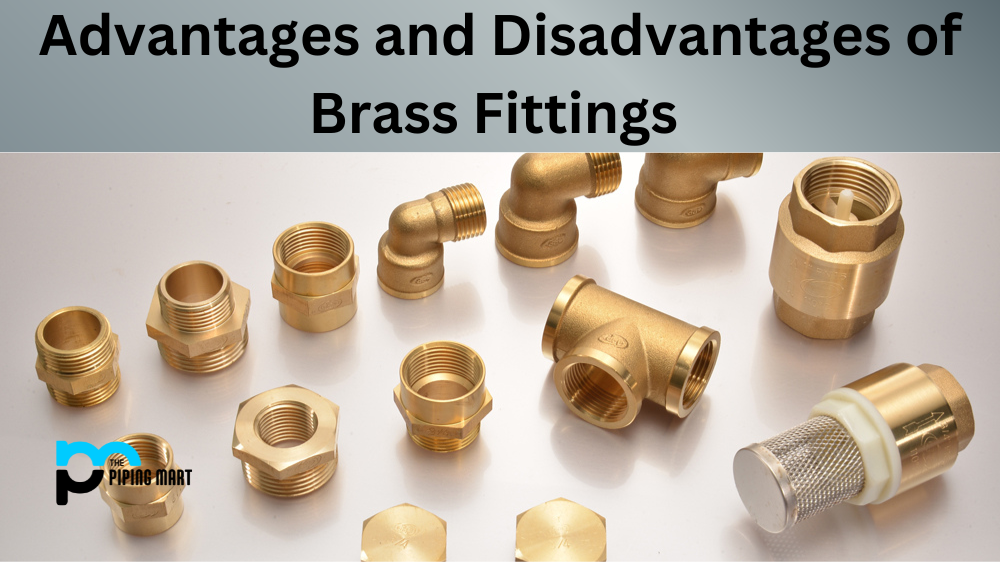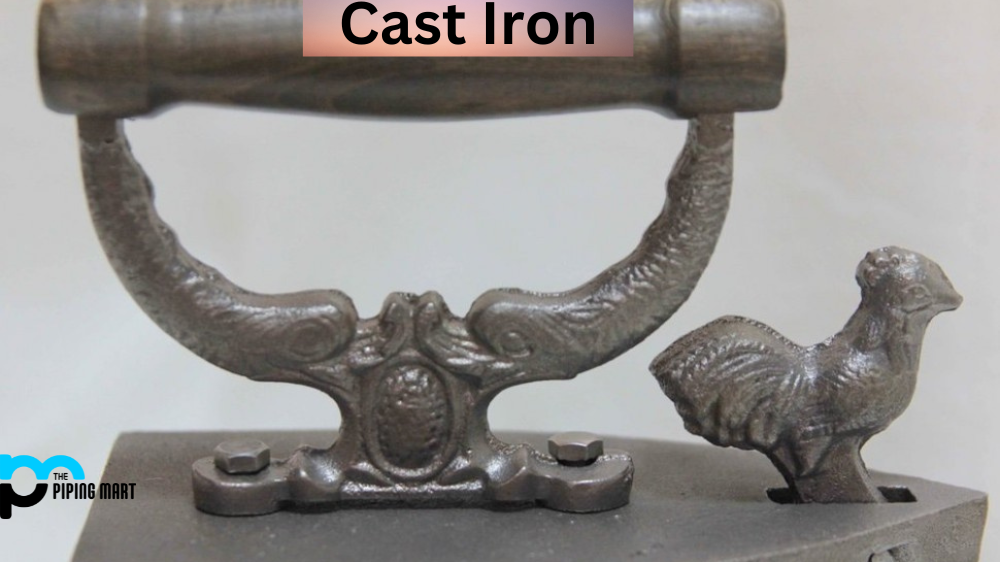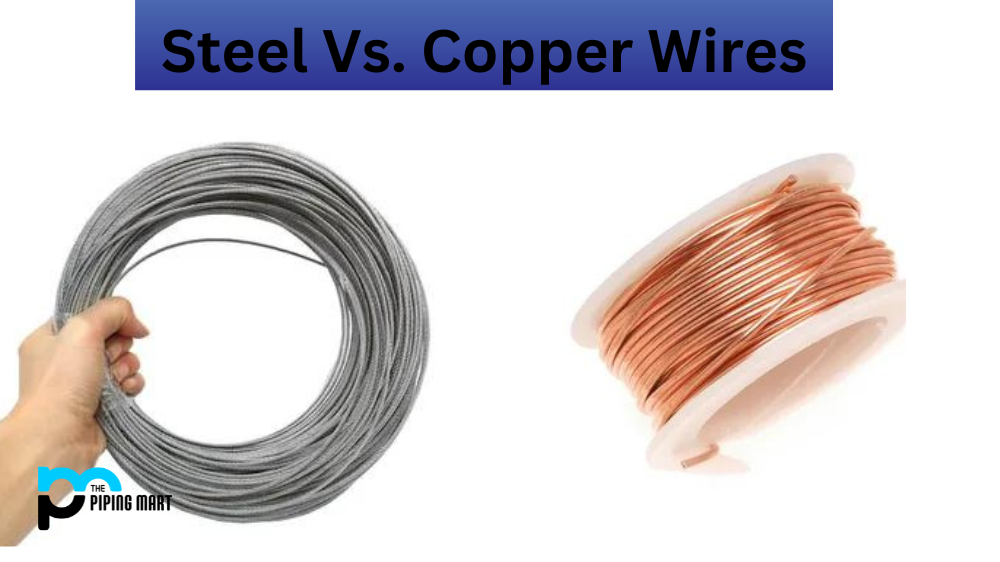Brass fittings are a great option for many plumbing, electrical, and automotive applications. They provide an excellent combination of strength, corrosion resistance, and cost-effectiveness. However, it’s important to consider the advantages and disadvantages of brass fittings before making a decision on whether or not to use them in your project. Let’s take a look at the pros and cons of this popular material.
Advantages Of Brass Fittings
The most obvious advantage of using brass fittings is their strength. As a metal alloy, brass is much stronger than plastic or other materials used in plumbing applications. This means that brass fittings are less likely to fail over time due to wear or damage. In addition, brass is quite resistant to corrosion from water or other liquids, making it an ideal choice for projects that need to last for long periods of time without needing to be replaced. Finally, brass is an economical choice when compared with other metals such as stainless steel or copper.
- Brass is an alloy of copper and zinc and is used in a wide variety of applications.
- Brass fittings are strong and durable, making them ideal for use in plumbing and electrical applications.
- Brass is resistant to corrosion, making it an ideal material for use in wet environments.
- Brass is a good conductor of electricity, making it ideal for electrical applications.
- Brass is easy to work with and can be soldered, welded, or brazed.
5 Disadvantages Of Brass Fittings
While there are many benefits to using brass fittings, there are also some drawbacks that you should be aware of as well. The first is that it can be difficult to work with due to its high melting point (1083°C). This means that special tools must be used when installing brass fittings in order to avoid damaging them during installation. In addition, brass can suffer from tarnishing over time if exposed to certain elements, such as oxygen or sulfur dioxide, which can cause discoloration or even pitting in severe cases. Finally, while relatively strong compared with other options, brass can still crack under pressure if not properly sealed against water leaks or other sources of stress on the fitting itself.
They’re Not as Durable as Other Materials
One of the primary disadvantages of brass fittings is that they’re not as durable as other materials, such as stainless steel. Brass is a softer metal, which means it’s more susceptible to wear and tear. Over time, brass fittings can become scratched or dented, which can affect their appearance and performance.
They’re Not as Corrosion-Resistant
Another disadvantage of brass fittings is that they’re not as corrosion-resistant as other materials. Brass is a copper-zinc alloy, which means it can corrode when exposed to moisture or acidic substances. This can cause brass fittings to break down over time and may require frequent replacement.
They’re Not as Strong
Another downside of brass fittings is that they’re not as strong as other materials, such as iron or steel. This means that they may not be able to handle high levels of stress or pressure, which could lead to breakage. Additionally, brass is a softer metal, which means it can be easily damaged if it’s not handled properly.
They Can Be Difficult to Install
Another disadvantage of brass fittings is that they can be difficult to install. Unlike plastic or metal fittings, brass fittings need to be soldered in order to be properly installed. This can be a difficult and time-consuming process for those who are not experienced in soldering. Additionally, soldering requires the use of harmful chemicals, which can be dangerous if not used properly.
They Can Be More Expensive
Another downside of brass fittings is that they can be more expensive than other types of fittings. This is because brass is a relatively rare metal, so it costs more to produce than other materials. Additionally, the manufacturing process for brass fittings is often more complex and time-consuming than for other types of fittings
Conclusion:
Brass fittings are an excellent option for many different projects due to their strength and corrosion resistance capabilities, as well as their cost-effectiveness compared with other metals like stainless steel or copper. However, it’s important to keep in mind the potential drawbacks associated with using this material, such as its difficulty working with it due to its high melting point and its susceptibility to tarnishing over time if exposed to certain elements. Taking all these factors into consideration will help you make an informed decision about whether or not brass fittings are right for your specific needs and requirements.

Abhishek is a seasoned blogger and industry expert, sharing his insights and knowledge on various topics. With his research, Abhishek offers valuable insights and tips for professionals and enthusiasts. Follow him for expert advice on the latest trends and developments in the metal industry.




